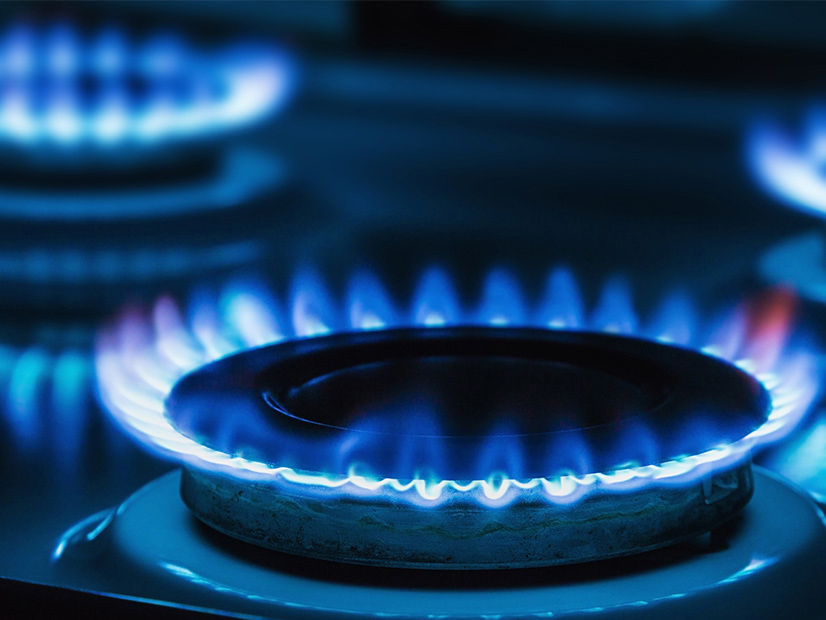A coalition of natural gas companies, homebuilders and unions have filed a lawsuit asking a federal court to overturn New York State’s ban on natural gas hookups in new construction. (See NY to Begin Banning Gas in New Construction in 2026.)
The New York State Builders Association, National Association of Home Builders, New York Propane Gas Association, locals of the International Brotherhood of Electric Workers, Mulhern Gas Co. and others filed the suit in the U.S. District Court for the Northern District of New York. It seeks to apply the same logic as a successful challenge of a ban in Berkeley, Calif. The Ninth U.S. Circuit Court of Appeals said such bans are preempted by the federal Energy Policy and Conservation Act (EPCA). (See Impact of Berkeley Gas Ruling Debated.)
“As the only federal appellate court to have addressed this issue recognized, EPCA preempts state and local laws relating to the use of energy, such as gas, by covered appliances and equipment,” the suit said.
The suit alleges the prohibition is inconsistent with the public interest and consumer choice and would shift energy demand to the power grid.
The ban applies only to buildings of seven stories or less in height and also exempts commercial or industrial buildings above 100,000 square feet in “conditioned floor area.” But those exemptions go away starting in 2029, when it will apply to all new buildings.
“Plaintiffs support achieving the state’s climate goals, but with the majority of New York’s electric generating capacity coming from gas-fired power plants, banning gas in homes will do little if anything to advance those goals — and in all events, the state must comply with federal law,” the lawsuit said.
Although the ban doesn’t take effect until 2026, the plaintiffs said it already is chilling and undermining their businesses.
The EPCA was born out of the oil crisis in the 1970s and covers energy independence, domestic energy supplies and national security. It requires a practical approach to energy regulation, maintaining neutrality on energy sources and recognizing the need for a diverse supply of energy. The law includes regulations on appliances’ energy efficiency, which are meant to be uniform across the country. EPCA expressly preempts state and local regulations on the efficiency and energy use of products for which it sets standards, leaving narrow room for concurrent state and local regulations.
New York announced its ban just weeks after the Ninth Circuit overturned Berkeley’s ban, and the lawsuit argues the state’s rules do “exactly” what that court preempted.
EPCA has been changed a few times since the 1970s, including a 1987 amendment that specifically covers the preemption issue.
That change sought to reduce the regulatory and economic burdens on the appliance manufacturing industry through the establishment of national energy conservation standards for major residential appliances. Congress recognized that varying state standards would complicate design, production and marketing plans.
States can seek permission to establish their own standards, but that requires a showing of an unusual and compelling local interest and cannot be granted if the state regulation would lead to the unavailability of a product type or products of a particular performance class, the lawsuit said.
“New York’s gas ban falls within the heart of EPCA’s express preemption provisions,” the lawsuit said. “The gas ban is a regulation concerning the energy use of appliances covered by EPCA in that it ‘prevent[s] such appliances from using’ fossil fuels, such as propane or natural gas.”
The New York ban goes further into preempted territory than Berkeley’s because in addition to banning gas piping it also bans gas appliances from being installed in new buildings.




